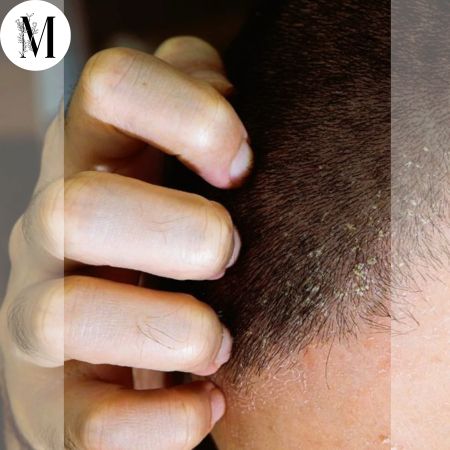Conclusion
Strokes are serious medical emergencies that require immediate attention. By recognizing the warning signs and taking prompt action, you can potentially prevent a stroke or minimize its impact. It’s crucial to understand the risk factors associated with strokes and make lifestyle choices that reduce these risks. Remember, prevention is key, and prioritizing your health is essential for a long and fulfilling life.
Frequently Asked Questions (FAQs)
- Q: Can young people have strokes? A: While strokes are more common among older adults, young people can also experience strokes, especially if they have underlying risk factors.
- Q: Are all strokes preventable? A: Not all strokes can be prevented, but many can be minimized by adopting a healthy lifestyle, managing chronic conditions, and seeking timely medical attention.
- Q: How long do stroke symptoms last? A: The duration of stroke symptoms can vary depending on the severity and type of stroke. Some symptoms may resolve quickly, while others may persist or worsen over time.
- Q: Can strokes be hereditary? A: While strokes can have a genetic component, having a family history of strokes doesn’t guarantee that an individual will experience one. However, it does increase the risk.
- Q: Is there any rehabilitation after a stroke? A: Yes, stroke rehabilitation is a crucial part of the recovery process. It may involve physical therapy, occupational therapy, speech therapy, and other interventions to regain lost abilities.


